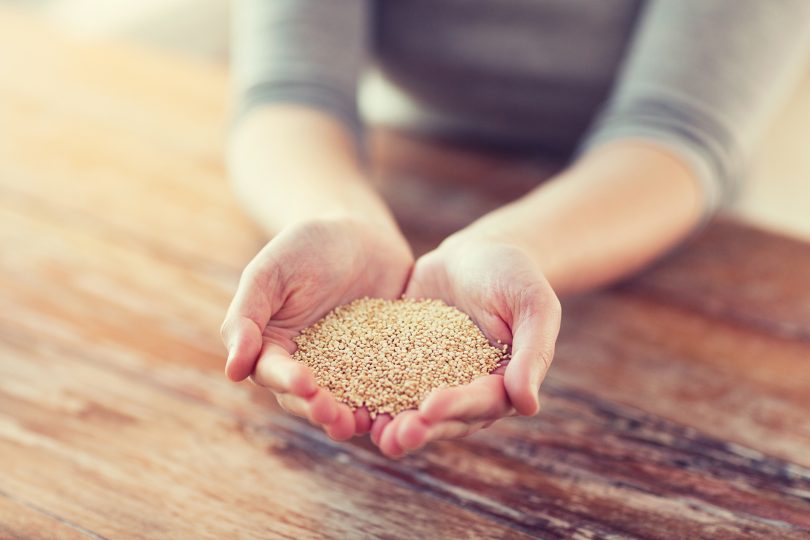We see the “whole grain” label everywhere these days. It might sound healthy, but what exactly does it mean?
You’ll often have a choice between foods made with whole grains and foods made with refined grains (some foods may have both). Refined grains have gone through a milling process where the outer layers of the seeds have been removed, changing their texture and extending shelf life. Whole grains don’t go through this process, keeping the “whole” grain — and the extra nutrients it brings — intact. Refined grains can have some nutrients added back through enrichment, but others such as fiber aren’t put back, making whole grains the better choice nutritionally.
Whole grains are a great option, because they:
- Contain complex carbohydrates such as fiber (which promotes bowel regularity, helps to control cholesterol and helps you feel full longer).
- Are low in fat.
- Are linked to a lower risk of heart disease, diabetes and more.
- Have higher levels of nutrients such as selenium (important for cognitive function, immune system health), potassium (aids with metabolism, heart health) and magnesium (helps with bone structure, heart health).
- Are linked to a possible decreased risk of premature death. A recent study of more than 118,000 participants found that a person’s risk of death declined with each serving of whole grains added daily.*
* Source: JAMA Internal Medicine





